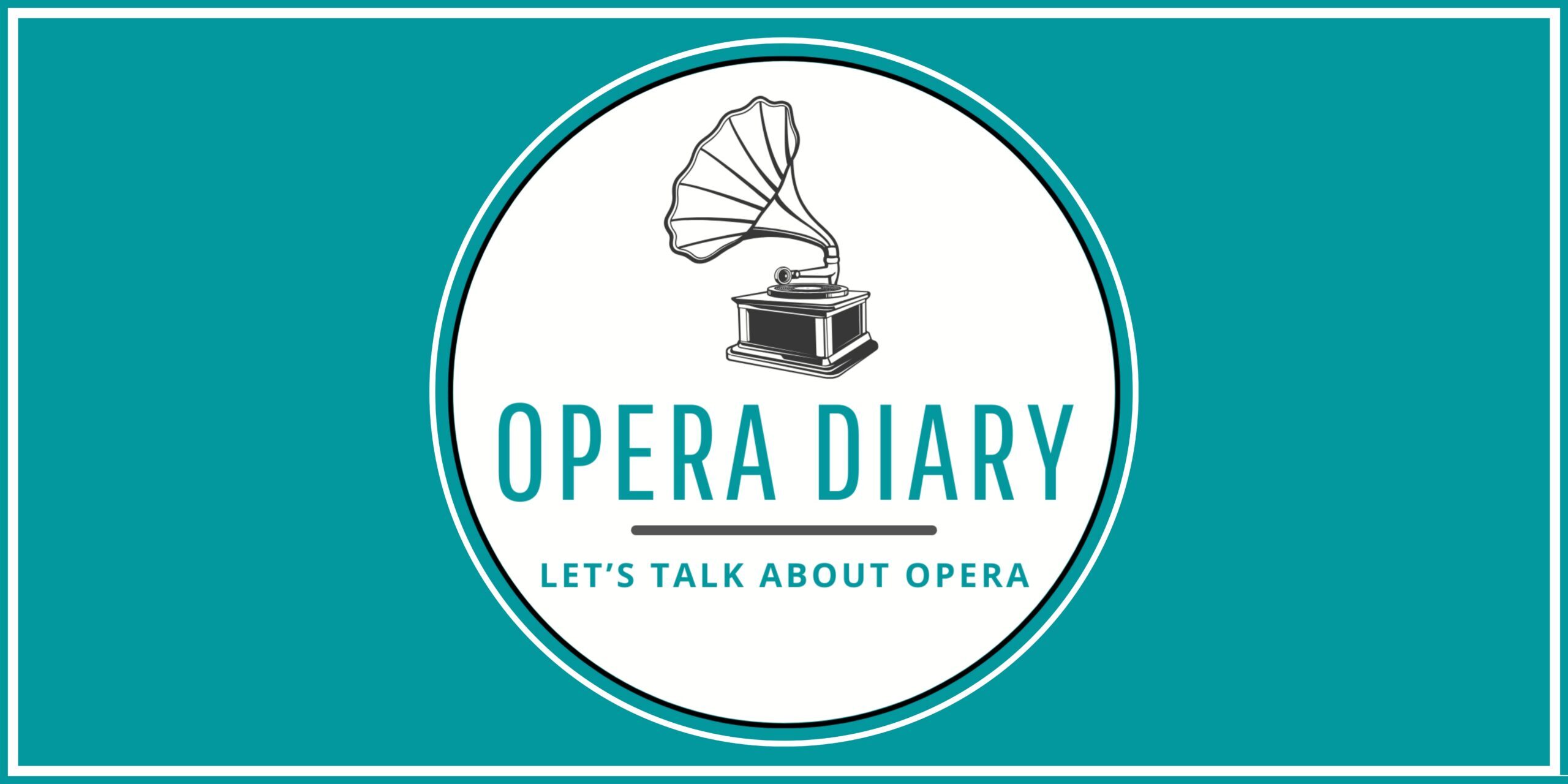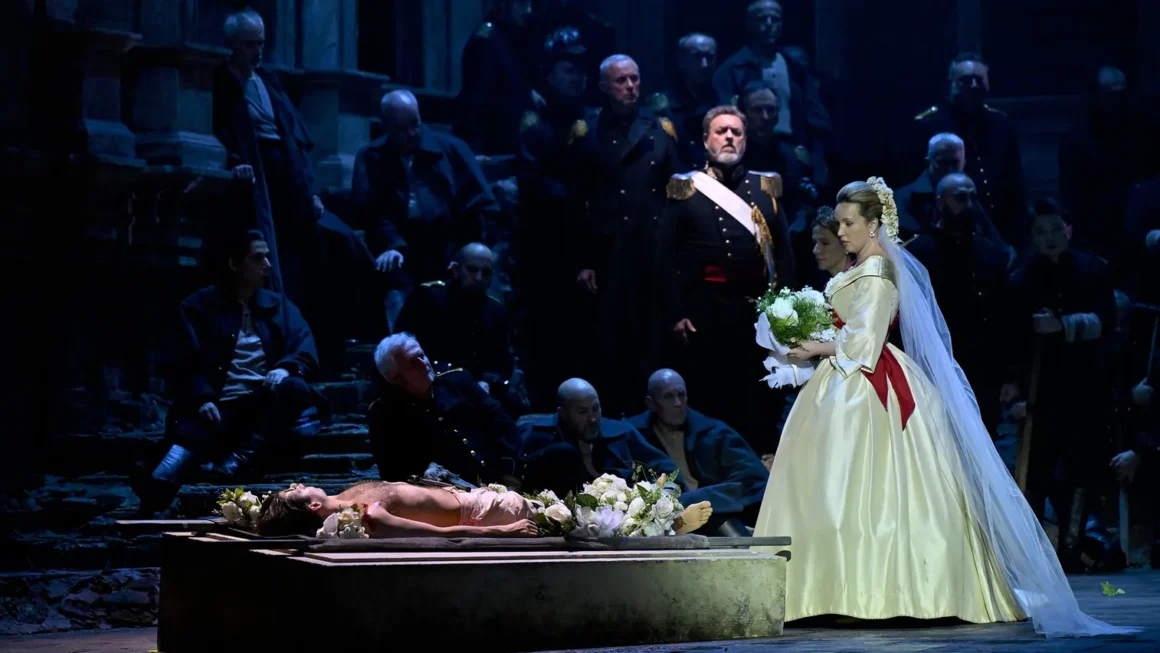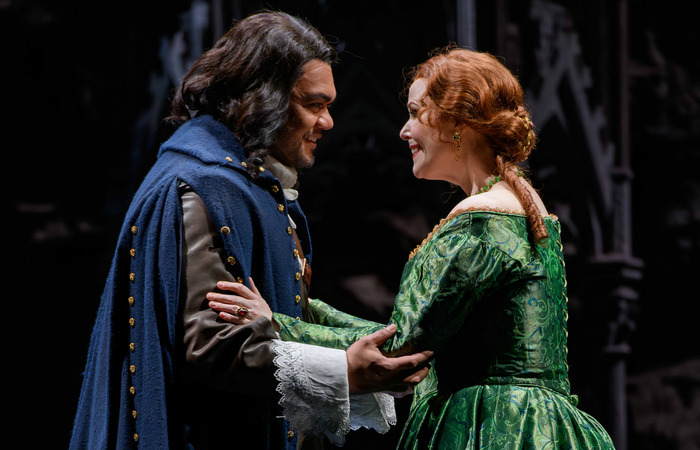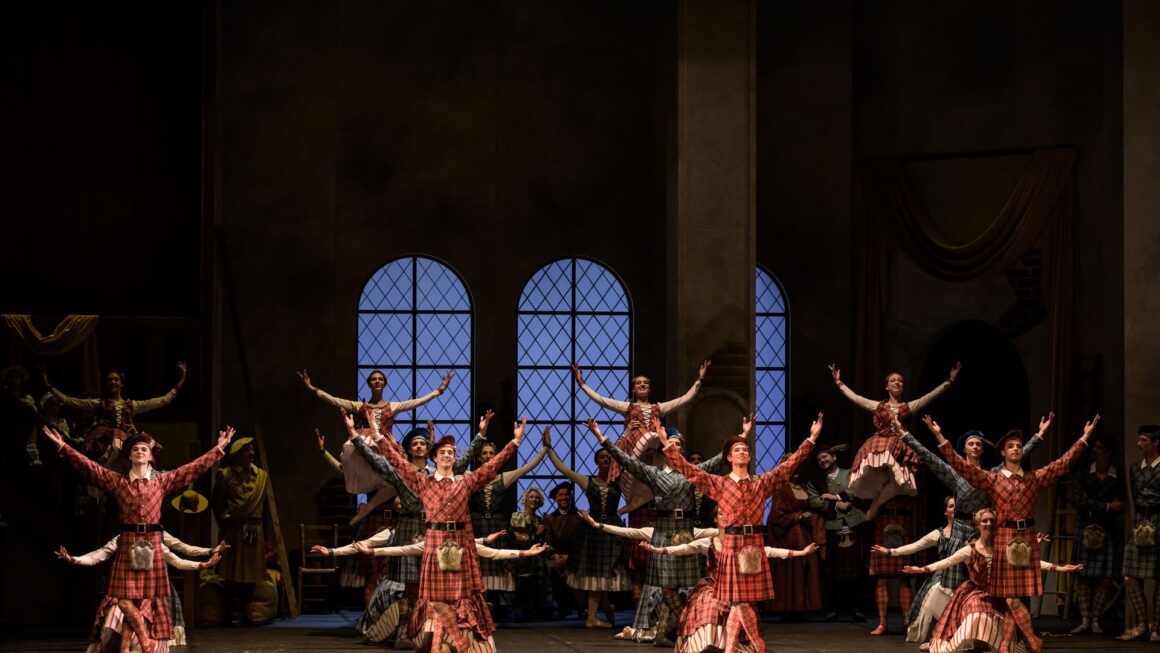“ciò che mi conforta è la certezza di aver Scritto bene, del resto poco mi curo”
“What comforts me is the certainty of having written well, I don’t care about the rest”. Thus wrote Rossini in a letter to his mother about Zelmira. And what better occasion to return to the beloved Rossini Opera Festival in Pesaro, for an opera I heard as a student at the Rome Opera, with the legendary voices of Cecilia Gasdia, Rockwell Blake, and Chris Merritt.
The last of nine operas written for the theaters of Naples, Zelmira premiered to great acclaim on February 16, 1822, at the Teatro San Carlo, following the total failure of Ermione and Maometto Secondo. The opera rightfully closes the Neapolitan period, characterized by innovation and experimentalism, projecting beyond the Alps, to Vienna and especially to Paris, where the opera would be performed four years later. Abbot Leone Tottola‘s elaborate libretto, torn to pieces more than usual by the perfidious Stendhal, was adapted from Zelmire by French composer Dormont de Belloy, a tragedy set on the ancient island of Lesbos, with a complicated plot involving usurped kings, palace conspiracies, and the protagonist unjustly accused of parricide. The happy ending sees the two tyrants condemned to death and King Polidoro restored to the throne. The opera’s success was due to Rossini’s brilliant musical invention, which, among other things, did not resort to any “autoimprestito”, and to the presence of sensational singers in the cast, particularly Isabella Colbran, almost signora Rossini, and the two leading tenors of the San Carlo, Andrea Nozzari (Antenore, the villain), and Giovanni David (Ilo, the positive hero). Legendary singers, with unrivaled vocal talents, which on the one hand make Zelmira a triumph of bel canto and on the other make the opera practically unperformable without equally outstanding singers.
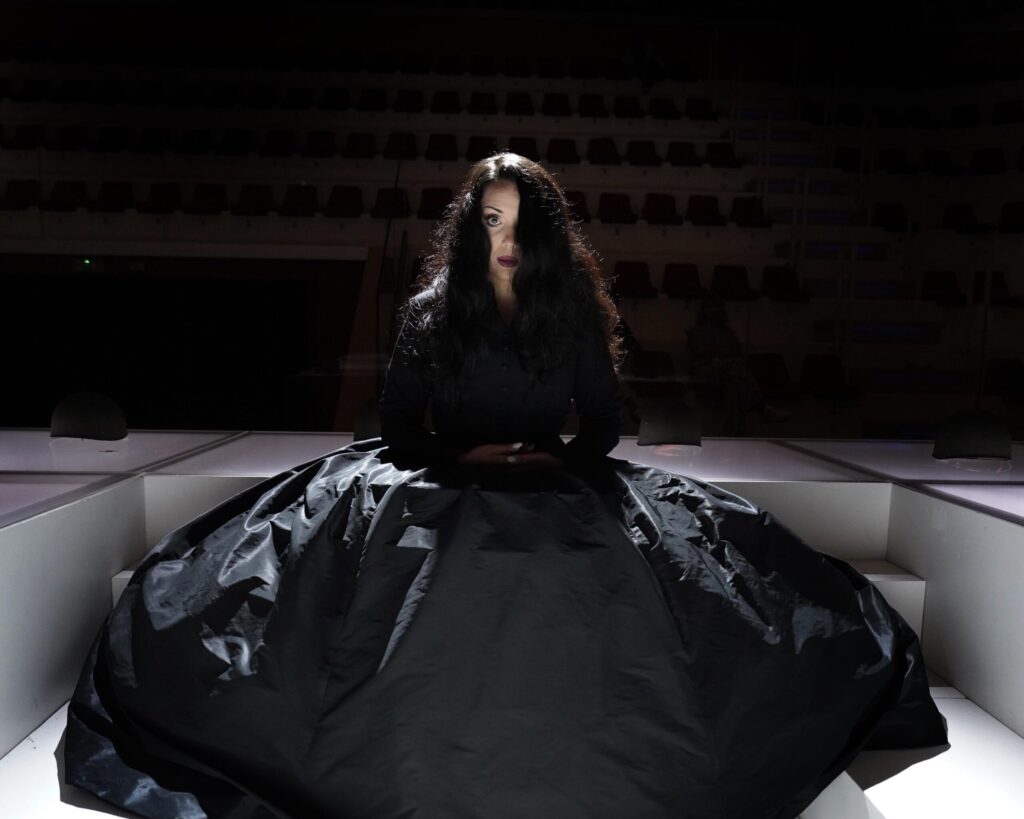
In Pesaro, for the third Festival revival of this marvelous opera, the so-called Vienna version was chosen, from the city where the opera was first performed on April 13, 1822, and Rossini graced the role of Emma, Zelmira’s handmaid, with a new aria, performed by the attractive contralto Fanny Eckerlin, originally Polish but educated in Milan. The beautiful aria “Ciel pietoso, ciel clemente,” accompanied by solo harp and chorus, which has remained in the repertoire like the Vienna aria, is paradoxically the most conventionally Italian of the entire opera.
The arrival of Calixto Bieto as director in Pesaro was fearful, especially after the disastrous outcome of Maometto secondo at the Teatro San Carlo in Naples two years ago. An operatic enfant terrible, he rose to prominence with a production of “un Ballo in Maschera” at the Liceu in Barcelona, which opened with the conspirators sitting defecating on the toilets of a public restroom. But he also directed one of the most beautiful Carmen seen in recent years, set in Franco’s Spain of the 1970s, in a suffocating and oppressive world filled with sex and violence.
The Pesaro production hits the mark with a performance that will long remain in our memory; starting with the unusual layout of the Scavolini auditorium, at the center of which is a large, illuminated platform housing the orchestra; the audience is all around in the stands and on the high steps; this configuration creates a sense of alienation and novelty, for a spectacle like opera, traditionally two-dimensional, which opens up to a three- dimensional vision, where each spectator has a completely different visual and acoustic perception. In Bieto’s vision, Zelmira becomes “a dark and universal opera, in a world governed by betrayal, violence, and double standards, only to ultimately allow virtue and human loyalty to triumph.” On the platform, which opens up like a Red Sea midway through the opera, there is dark terrain, where the characters bury and unearth their obsessions and traumas, and a pool where they purify their feelings or commit suicide as a form of self-effacement.
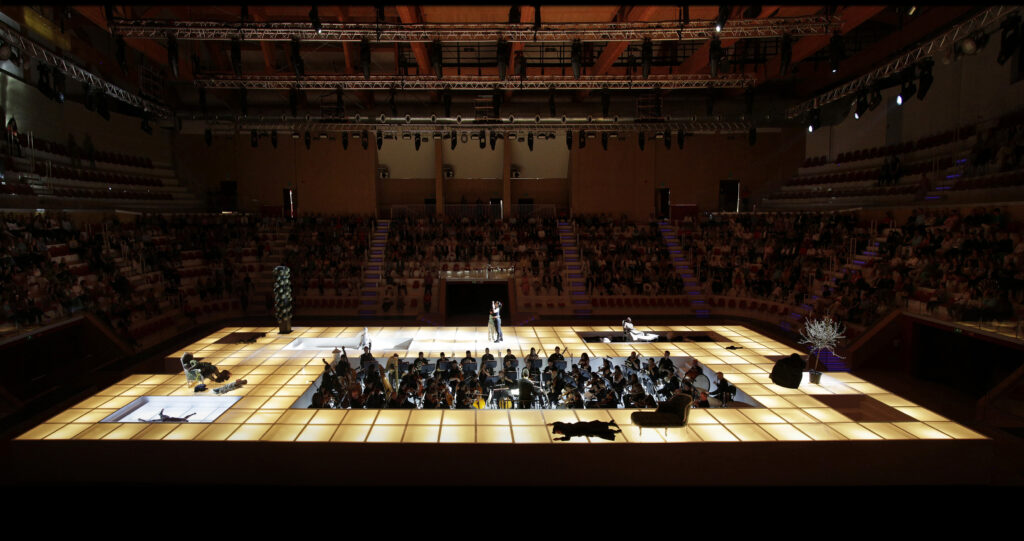
In Bieto’s vision, the wars and violence of yesterday become those of today, in a show that remains almost entirely inside the music, despite the excessive symbols (the teddy bear, the war helmets, the soap bubbles and so on) and the many somewhat predictable provocations, such as the homosexual kisses between Antenor and Leucippus and the sapphic kisses between Zelmira and Elena. The Pesaro production nevertheless leaves its mark, in its desire to address the dramas to the present and attempt to renew stage interpretation.
It would be desirable, however, if the beautiful programme on precious Fabriano paper, with its erudited musicological articles and interesting iconography from the valuable Sergio Ragni’s collection, were also accompanied by director’s notes, given the perplexity that this type of performance arouses in a large part of the public. But this Zelmira‘s success is due above all to the presence of a cast of young performers, capable of successfully mastering Rossini’s extremely difficult writing and of immersing themselves with great determination in the director’s complex vision.
Anastasia Bartoli takes on the title role with grit and energy, fully mastering with the virtuosity and impervious coloratura required by the role. Her beautiful color and vocal material appear perfectly suited to the interpretation of the so-called Colbran roles, the legendary singer who began her career as a contralto before shifting to a soprano “drammatico di agilità”. Along with a full-bodied and intense mid-range, Bartoli combines a confident technique that allows her to sing penetrating and expressive high notes. Her performance as an imprisoned woman, estranged from her loved ones, who faces her tragedy alone and alone saves her family and her kingdom, is remarkable, and fully credible alternating between the two costumes designed for her—queen and warrior—in her private struggle. Bartoli also emerges with confidence in the grand finale, “Riedi al Soglio,” where the spectators old like me, can sense with emotion the passing of the baton from her famous mother, Cecilia Gasdia.
Enea Scala tackles the role of Antenore, a role with a stratospheric range that demands a vocal register that, despite the obvious difficulty of classification, can be defined as baritenor. Scala emerges triumphant, both in his descents below the staff and in his many ascents to the highest notes, ensuring vocal homogeneity and the right amount of bravery. On stage, Enea Scala portrays an Antenore who behaves like an ungrown child, playing a tyrant with a toy crown on his head, at the mercy of Leucippus’s plots and manipulation.
His rock-solid technique allows the singer to successfully master his extremely difficult aria “mentre qual fera ingorda”, with the finale even sung upside down.
Lawrence Brownlee scored a well-deserved triumph in the role of Ilo; the American tenor confirmed his status as one of Rossini’s greatest virtuosos, thanks to the style and precision with which he resolved the part’s tremendous agility and the ease with which he rose to the many acuti and sovracuti, masterfully balancing his head, chest and falsetto registers. His debut cavatina, “Terra Amica,” was delivered with flawless technique and daring virtuosity, earning the loudest and longest applause of the evening, which reminded me of the historic years in Pesaro, when Blake triumphed in Idreno’s arias.
Marina Viotti, in the role of Emma, in her Pesaro debut, reminds us her long Rossini experience, with the amber timbre of a true mezzo-soprano and her mastery of the bel canto style. Her voice blends perfectly with that of Bartoli in the beautiful duet “Perché mi guardi e piangi” and also with the accompaniment of the harp and cor anglais, in a moving stage rendition of Zelmira handing over her little son to Emma. Her performance of the Vienna aria is exemplary in this regard, with a cantabile that is admired for its beautiful legato and the cabaletta performed with verve and energy. The scene is also magnifically performed with an evocative ablution and a ritual immersion in the pool after having finished unrolling the magnetic tapes of family memories and her own fears.
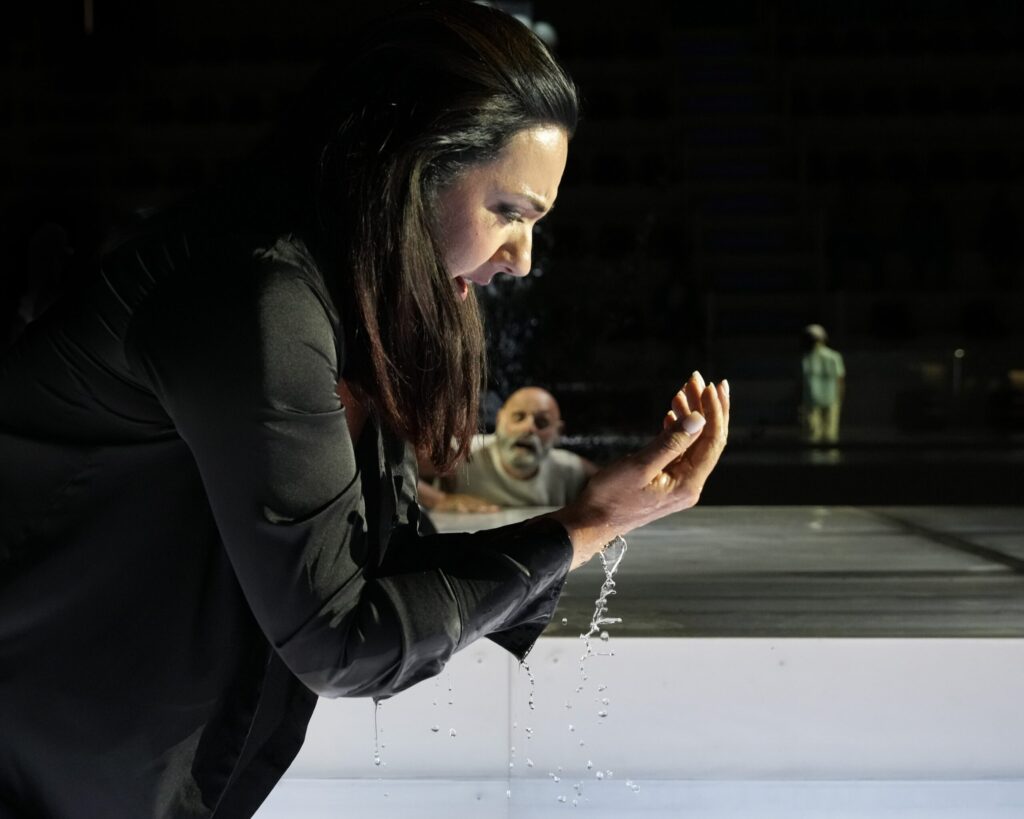
The two basses are also excellent: Marko Mimica is a King Polidoro with a dark, powerful voice, perfectly interpreting Rossini’s writing and the noble singing of Zelmira’s father. Gianluca Margheri, as Leucippo, uses his captivating physicality and a very refined phrasing to portray the conspirator, who in Bieto’s vision is a psychotic and cynical character who manipulates Antenore and drags him into a vortex of sick and ambiguous passions.
Giacomo Sagripanti conducts the orchestra of the Teatro Comunale di Bologna, which is in excellent form despite the technical difficulties inherent in the stage structure. Sagripanti offers a tense and incisive reading, perfectly balancing, within the continuous flow of the writing, the dramatic demands, the numerous solo interventions of the instruments, and the bel canto demands of this complex Rossini score. The Ventidio Basso Theater Chorus, forced by the stage direction to constantly ascend and descend the steep steps of the Auditorium, was also excellent.
The last performance we attended concluded with a triumph for all the performers, with peaks of enthusiasm for Bartoli and Brownlee.
CAST
Polidoro- Marko Mimica
Zelmira- Anastasia Bartoli
Ilo – Lawrence Brownlee
Antenore- Enea Scala
Emma- Marina Viotti
Leucippo- Gianluca Margheri
Eacide- Paolo Nevi
Gran Sacerdote : Shi Zong
Conductor: Giacomo Sagripanti
Director: Calixto Bieto
Settings: Calixto Bieto, Barbora Horàkovà
Costumes: Ingo Krügler
Lighting designer: Michael Bauer
